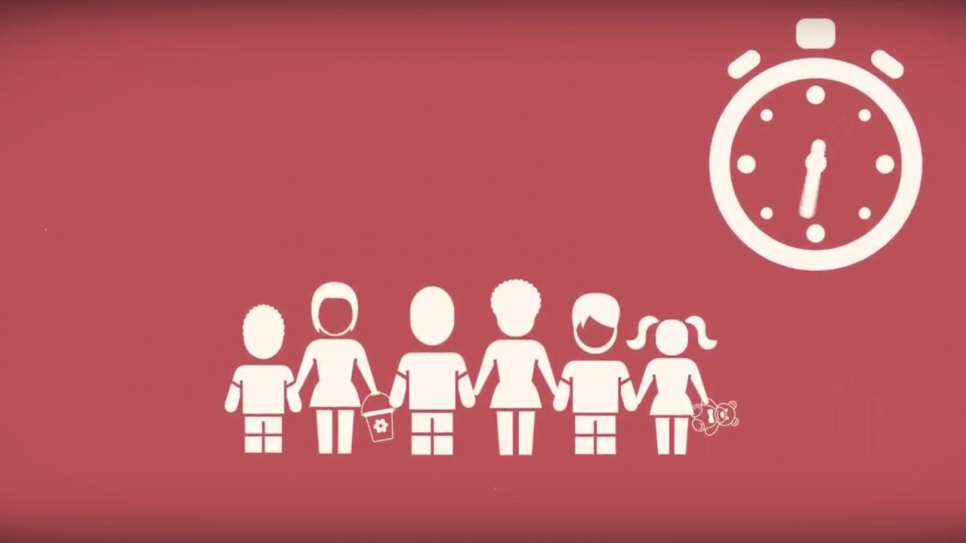Accelerated Education
What does Accelerated Education mean?
AEPs are flexible, age-appropriate programmes, run in an accelerated timeframe, which aim to provide access to education for disadvantaged, over-age, out-of-school children and youth – particularly those who missed out on, or had their education interrupted due to poverty, marginalisation, conflict and crisis.
What is the Accelerated Education Working Group?
The Accelerated Education Working Group (AEWG) is made up of education partners working in the field of accelerated education. The AEWG is currently led by UNHCR with representation from UNICEF, UNESCO, USAID, NRC, Plan, IRC, Save the Children, Education Conflict and Crisis Network, and War Child Holland.
The group’s goal is to strengthen the quality of accelerated education programming through a more harmonized, standardized approach.
Why do we have a working group?
Globally, accelerated education programmes are employed with more and more frequency to address the large number of out of school children and youth. However, while there is widespread agreement on the need for such programming among agencies and governments, there is insufficient validated documentation that provides guidance, standards and indicators for efficient programme planning, implementation and monitoring.
In practice, accelerated education takes different forms in different countries, and even within countries. Moreover, there is little significant documentation on its impact, including how much we are contributing to learning achievement and how successful we are at facilitating pathways between accelerated programming and formal and non-formal education.
To address some of these challenges, starting with the lack of guidance and standards, in 2014 UNHCR invited a small number of education partners working in the area to form a working group.
What does the group do?
The AEWG meets biannually to share experiences and expertise in accelerated education and fosters dialogue around a more harmonized, standardized approach. To this end, the group has begun to develop guidance materials based on international standards and sound practice.
For more information please contact Martha Hewison at [email protected]

